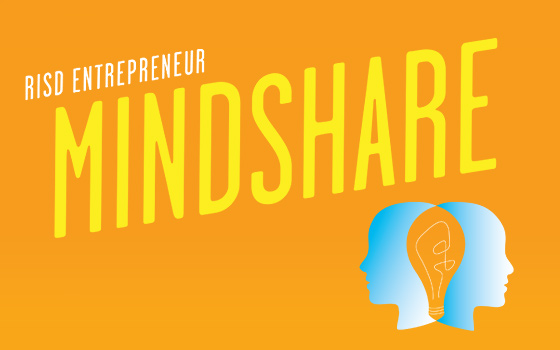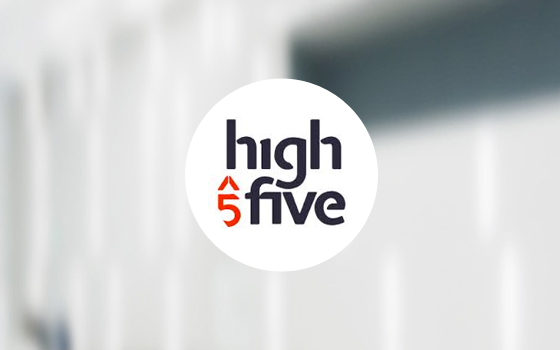In a recent post about learning how to rapidly process information, I wrote how both I and my coworkers have found the increase of information and media stimulus that comes at us at work (but probably not just at work) to be overwhelming:
“A coworker recently said to me, ‘I just can’t seem to keep up. I feel like I’m falling behind technologically.’ I can completely relate to that. It seems like every day that I run across some new idea and discover that it’s not really that new- it’s been discussed, blogged, shown in videos, etc. all over the internet, and I can start to trace the development of it over various sources as I try to catch up. Sometimes it’s totally overwhelming.”
I know for a fact that many of our clients feel this way as well. In fact, much of our consultation tends to elicit, at least initially, responses of frustration- “All this can’t possibly be necessary!” and “I don’t have the time.” Not only can I understand and appreciate those responses, but I also think they’re totally reasonable. After all, we’re talking about adopting new behaviors in light of new methods of communication and technology, in general. When it comes down to it, those new behaviors are a choice, which requires you to ask how you want your life to be, indeed, how you want to be.
A few weeks ago, I listened to a wonderful interview on The Spark podcast with William Deresiewicz, who wrote an article I’ve mentioned before titled The End of Solitude. There are so many rich quotes that I could pull from it; I suggest you read or listen to the full interview when you have some time to really focus on it. But early on, in response to host Nora Young’s question about why solitude matters, I think he begins to touch on that choice we all have of what kind of life we want to lead, what kind of person we want to be, and how our behavior enables that choice:
“First of all, this is something that Emerson says that I quote in the article. He says that you need to not travel all the time in other people’s opinions. If you want to be able to think for yourself, if you want to be able to have original thoughts, which is not only good for you, but good for all of us, that we have people who are thinking creatively, you need to get away from other people’s opinions, other people’s values also, so you can chart your own direction. I think that’s the first value of solitude.
I also think we live such connected lives, such networked lives, that in a way, that’s a little harder to define. We lose a sense of our own integrity or our own selfhood. In the article, where I quote a passage or refer to a passage from Mrs. Dalloway from Virginia Woolf’s novel. The heroine, Mrs. Dalloway, goes up into her room in the middle of this very busy day of hers and just looks in the mirror and gathers herself together and remember who she is apart from her husband and the friend she’s inviting to her party and the busy London streets that she’s just been walking through, and very happily walking through. But she needs that time to, as I say, gather herself into herself. I think that’s another thing we lose when we lose solitude.”
I really appreciate what he’s saying here. Along these lines, there is another quote that comes to mind, and which I really like, from Thoreau who wrote in his journal in 1851, “How vain it is to sit down to write when you have not stood up to live.” I guess that’s another blog post on it’s own, but it’s a good one to think about, especially in light of tools like Twitter… In any case, Deresiewicz goes on to talk about what our exposure to information through new technology begins to do to us as people:
“I think that we are training our nervous systems to expect a certain and a certain kind of stimulation and I think it’s a kind of addiction, and…I’m not using that as a metaphor. Every time I check my email, I‘m looking for a little packet of pleasure that gets delivered when I get an email. I feel like I’m a rat with an electrode planted in my brain, stimulating myself… Rats will do that 2, 000 times an hour if this stimulus is pleasurable…
It’s because it’s this kind of addiction, and I think that when it’s withdrawn, we become anxious. But I think you’re right to be anxious about your anxiety because it suggests that we’re – my God! We’re losing the ability to do, or at least comfortably do, all kinds of things that really should be normal and natural and comfortable for us, like reading.”
Sounds a bit scary, right? Just reading (or hearing) that does make me feel anxious. Just for the sake of getting a bit more input on this topic, I also wanted to mention a recent blog post titled PR 2.0 The End of Innocence?, by PR blogger Brian Solis. In this quote, he speaks to how we’re changing through the increase of information- and opportunity- online:
“…we’re empowering a new era of personal recognition and fulfillment that extracts an unconditioned human response and shapes its unpredictable course and behavior over time… Some remain grounded while others immerse themselves into the never-ending chase of Internet fame and intellectual fortune. Either way, we’re forever impacted by the sweet taste of significance that was previously only attainable by an elite few. In the process of adapting and cultivating personal communities, we lose a bit of who we are and adopt an aura of who we want to be.”
So getting back to the choice we all have- we must make one, one way or another. I wouldn’t advocate either of two possible extremes- rejecting technology or overdosing on it. I wrote of this need in a recent post about online privacy, too: “Somewhere, in the middle, though, is the right calibration: not rejecting technology prima facie but appreciating human ingenuity and adopting the use of new tools on the basis of whether they are truly helpful, yet drawing boundaries at key points that facilitate the kind of life I want to lead.” I guess what I’m trying to get at is that it’s perfectly alright to feel overwhelmed. It’s perfectly OK to decide to limit your exposure to information, too, and even let some stuff just pass you by. There’s no way to digest everything, so why suffer under the burden of trying to, especially if that causes you to not be able to take in the important stuff well.



